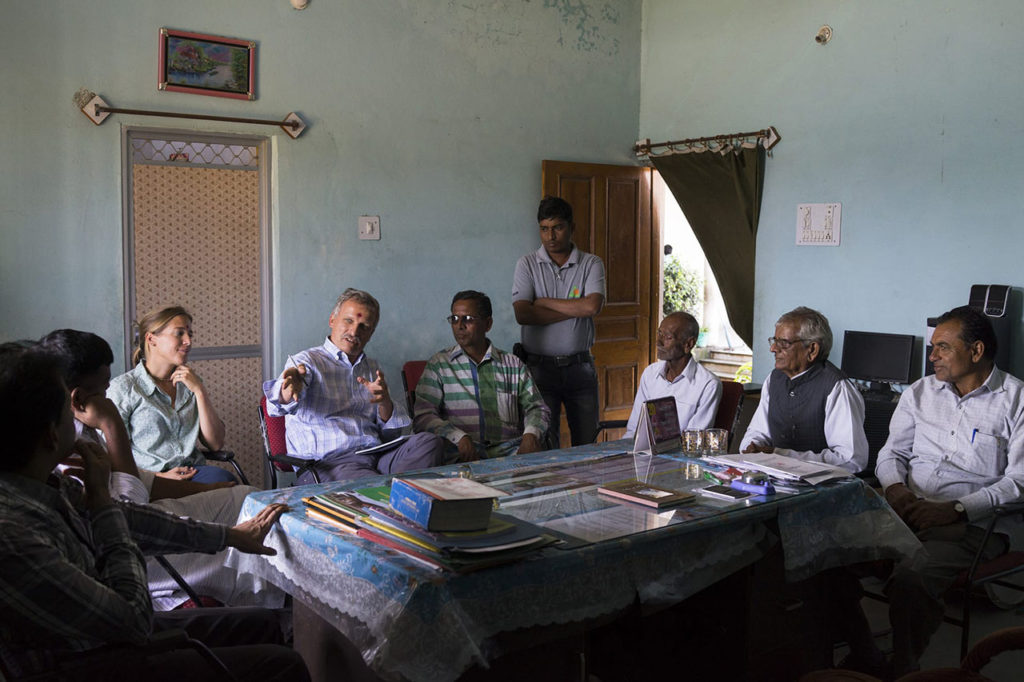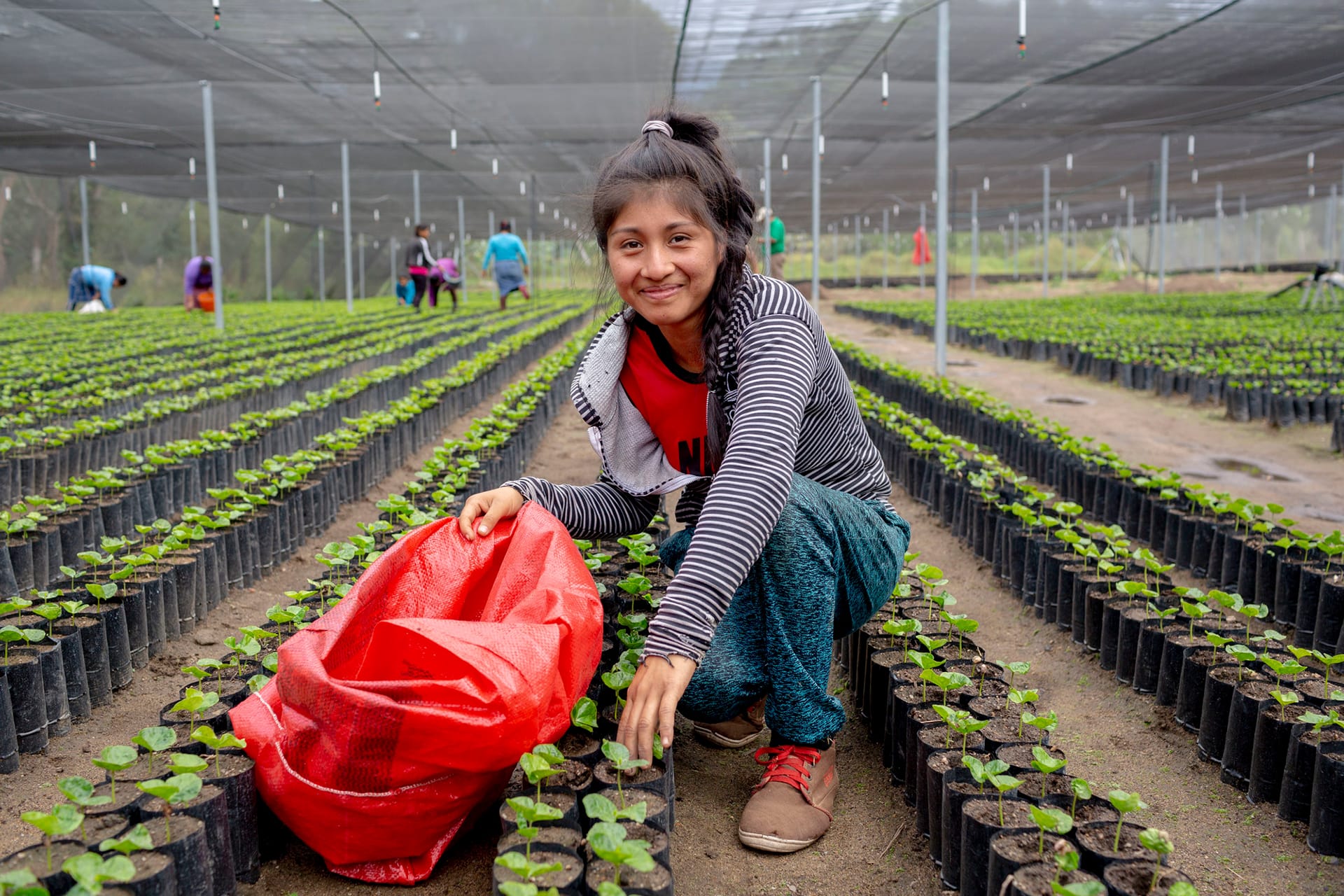
The Fairtrade difference
Fairtrade certification makes a difference to the lives of farmers and workers, their families, and their communities.
Fairtrade has had a really positive impact. Women have been able to participate effectively since the beginning. This year I’ve been on the board, and it’s been gratifying. The most important thing for us is the stability and a fair price, stability that we will sell our bananas 52 weeks of the year.
Germania Capa
Banana farmer with ASOGUABO, Ecuador
Fairtrade is for producers by producers
Fairtrade is an evolving system committed to making a difference for farmer and worker communities around the world.
Our global system is unique in that farmers and workers are equal partners with the certifying bodies. Producers have 50 percent of the vote at our General Assembly, and they are always consulted during the process for establishing new Standards, prices, and policies.
The three regional Fairtrade producer networks play a prominent role on the Board of Directors at Fairtrade International, ensuring even greater representation.
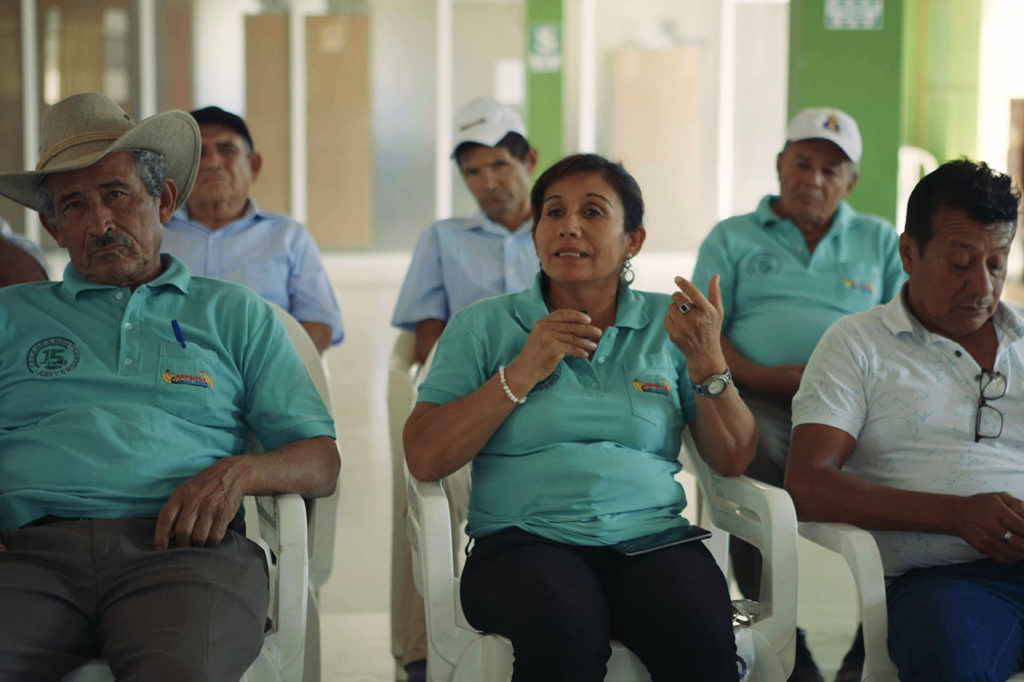
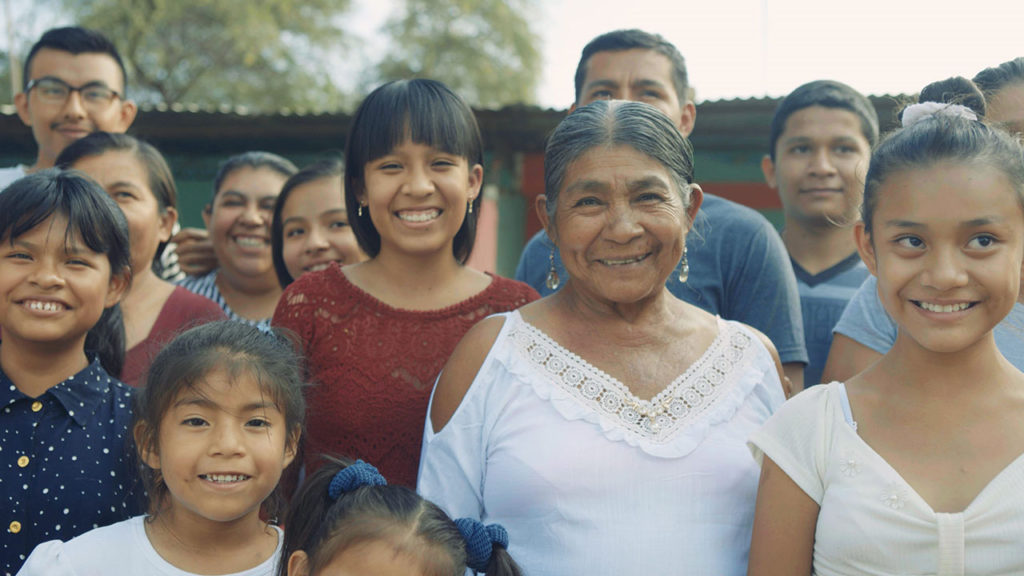
Fairtrade Minimum Price
For most Fairtrade commodities, there is a Fairtrade Minimum Price which is set by product and region to cover the cost of sustainable production. This acts as a vital safety net for farmers and workers and protects them from drops in the market prices of the products they grow for a living. This protection allows them to depend on a stable income and plan for their future.
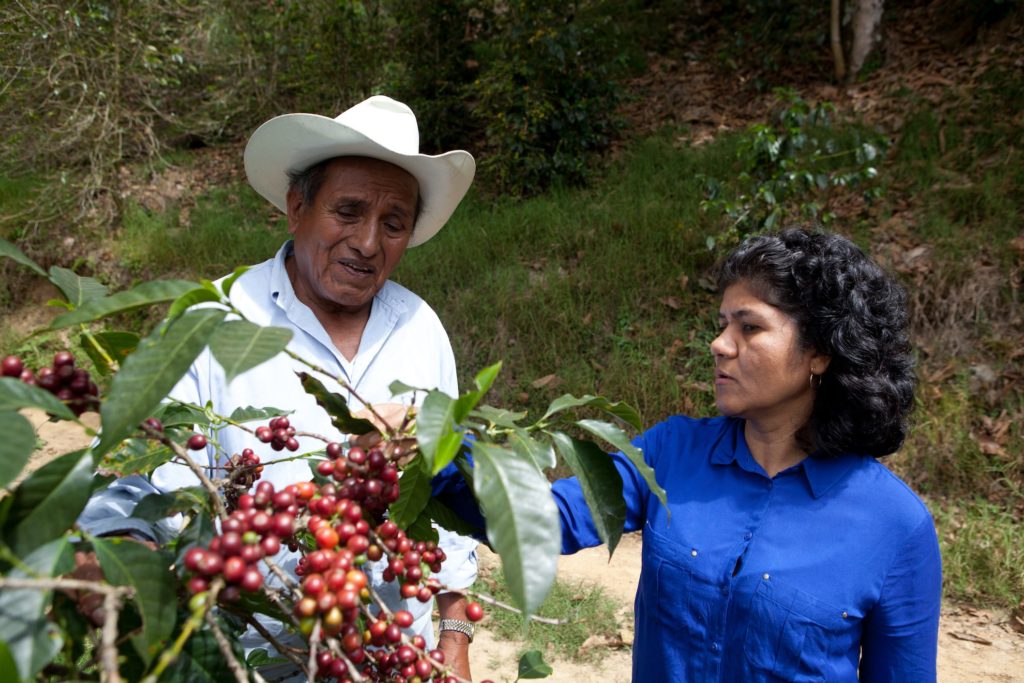
Fairtrade Standards
The best-in-class Fairtrade Standards are designed to support the sustainable development of small producer organizations and agricultural workers around the world. They incorporate a holistic blend of social, economic, and environmental criteria. The Standards contain both core requirements for certification, and development requirements that encourage producers to continuously improve, and to invest in the development of their organizations and their workers. The entire Fairtrade supply chain is independently audited to ensure compliance with the Standards.
Fair Trade Programs
Fairtrade Canada operates Fair Trade Programs, a way for partners to be active in their community while making a difference in the lives of farmers and workers around the world. Together, we work to boost awareness and understanding of trade issues, and to promote the purchase of Fairtrade products. Towns, Campuses, Schools, Workplaces, Faith Groups, and Events can be designated.
What sets us apart from other labels
 | 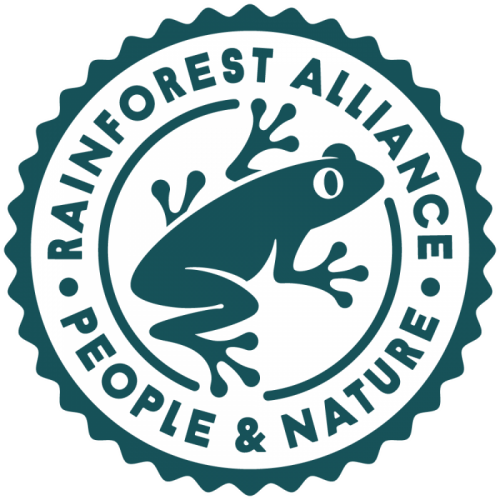 | |||
| Set Premiums for all products | ||||
| Set minimum price | ||||
| 50% producer ownership | ||||
| Support for Brands and Retailers | ||||
| Accepted by Fair Trade Programs in Canada | ||||
| Full member of ISEAL – the global alliance for credible sustainability standards |
